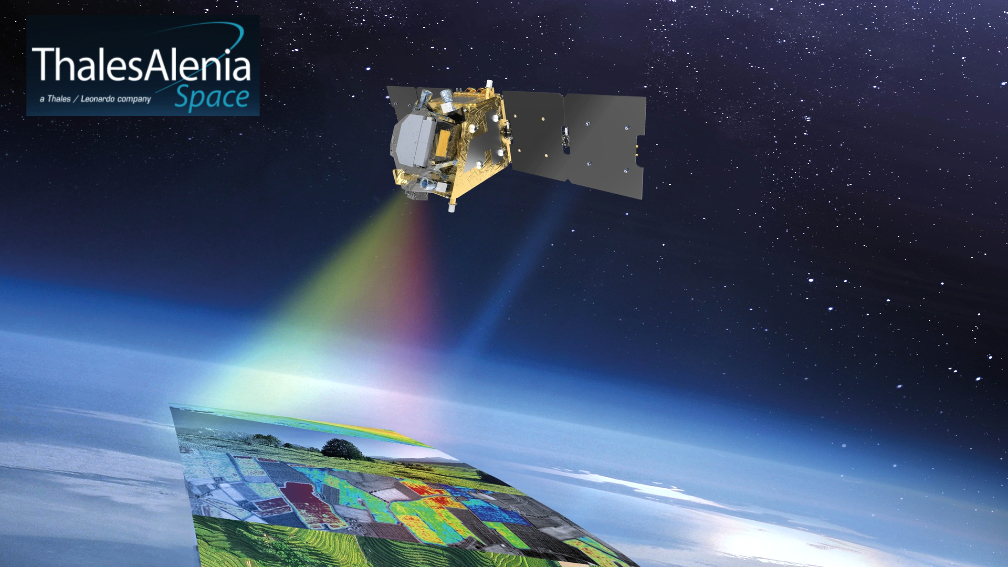
The Korea Augmentation Satellite System (KASS) developed by Thales Alenia Space as prime contractor has been officially certified by the Korean authorities — now operational, this navigation system is the result of a collaboration between Thales Alenia Space and the Korea Aerospace Research Institute (KARI) for the Korean Ministry of Land, Infrastructure and Transport (MOLIT).

Thales Alenia Space’s contract with KARI calls for the delivery of ground infrastructure, which the company began rolling out in 2020. The KASS system is initially operating via the MEASAT-3d geostationary satellite, launched in 2022, and will soon be supplemented by KOREASAT 6A, which is under development by Thales Alenia Space for KT SAT Corporation Ltd. KOREASAT 6A will carry a satellite-based augmentation system (SBAS) payload designed also by Thales Alenia Space to improve service continuity and operational availability.
Developed in accordance with the international standards set by the International Civil Aviation Organization (ICAO), the Korean regional system will initially focus on aircraft applications, especially Safety of Life services used in flight phases, including landing, to enhance flight safety and efficiency, while reducing the environmental impact of aviation. It will be interoperable with the world’s other SBAS satellite navigation systems to guarantee flight safety as planes transition between different zones.
KASS, the second SBAS system developed by Thales Alenia Space, is derived from EGNOS, the European Geostationary Navigation Overlay System. It is designed to optimize the positioning and navigation performance of the existing GPS constellation and includes upgrades compatible with the Galileo and KPS (Korean Positioning System) constellations. It adds value by guaranteeing the integrity, availability and continuity of services and improving positioning accuracy. KASS will reduce GPS positioning errors to about 1 meter from the current 15 to 33 meters to ensure geolocation accuracy throughout the country. The Republic of Korea will later extend its services to other applications such as public safety, road transport, shipping and science.

“Implementation of the KASS satellite navigation system marks a significant milestone in our close collaboration with KARI,” said Hervé Derrey, CEO of Thales Alenia Space. “Together, we’ve charted an innovative course for optimizing satellite navigation in the Republic of Korea, perfectly illustrating the synergy of our expertise. With the KASS system, we’re enabling Korean government bodies to develop applications aimed at improving safety and travel efficiencies for people in various areas of transport. We’re proud to be playing a central role in the delivery of this system, reflecting our commitment to innovation and security in satellite navigation.”
